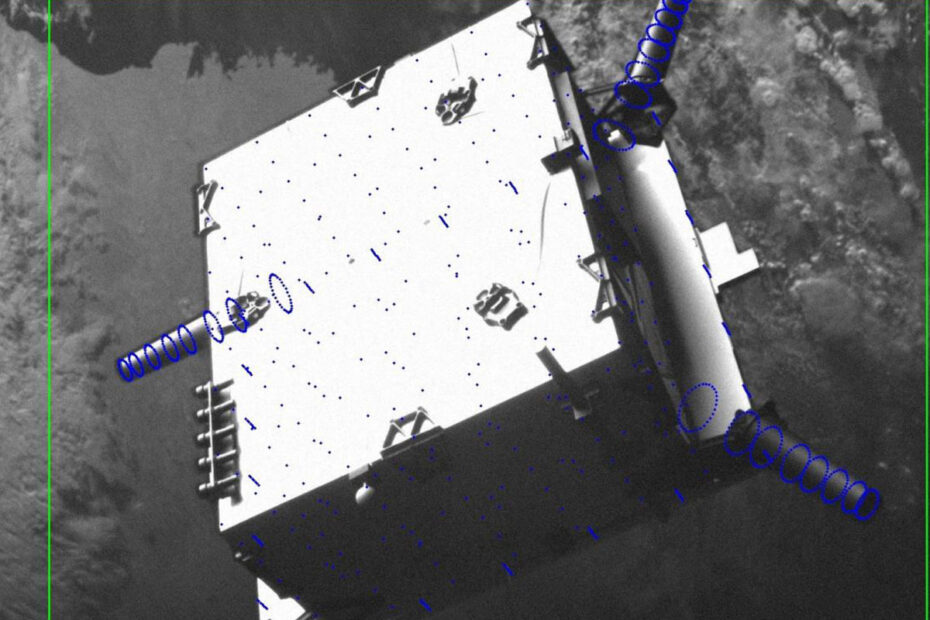Blackswan Space and the researchers from University of Adelade’s AIML were behind the TangoUnchained team that won first place in the satellite Pose Estimation Challenge organized by the Advanced Concepts Team of the European Space Agency.
There were over 30 teams globally, competing in two categories with the goal to devise the best techniques based on deep learning that can accurately estimate the pose of a satellite in space. Synthetically generated and labelled images were used for the training set, but the techniques were evaluated on real world data based on two different lighting conditions in a laboratory environment. Therefore, the teams had to solve not only the problem of how to accurately estimate the pose (position and orientation) of the target satellite in various images, but also the domain gap – when training data is from a different domain than the test data.
“This is especially important and directly related to the work our team is doing”, said Augustinas Žinys, ML Lead at Blackswan Space. “We are creating an environment in our simulations software to be able to build, train and test our vision based algorithms in different scenarios. However, the goal is not to come up with a good algorithm that only works in simulations – the goal is to have everything working in space. Closing the domain gap between synthetic and real data is paramount to successful space missions that use deep learning for various tasks including rendezvous and docking which is necessary for satellite inspection, servicing and debris removal missions”.
Blackswan Space is delighted to work with world class group of researchers at AIML lead by prof. Tat-Jun Chin contributing to the adoption of cutting-edge deep learning techniques to the most challenging missions in space.
